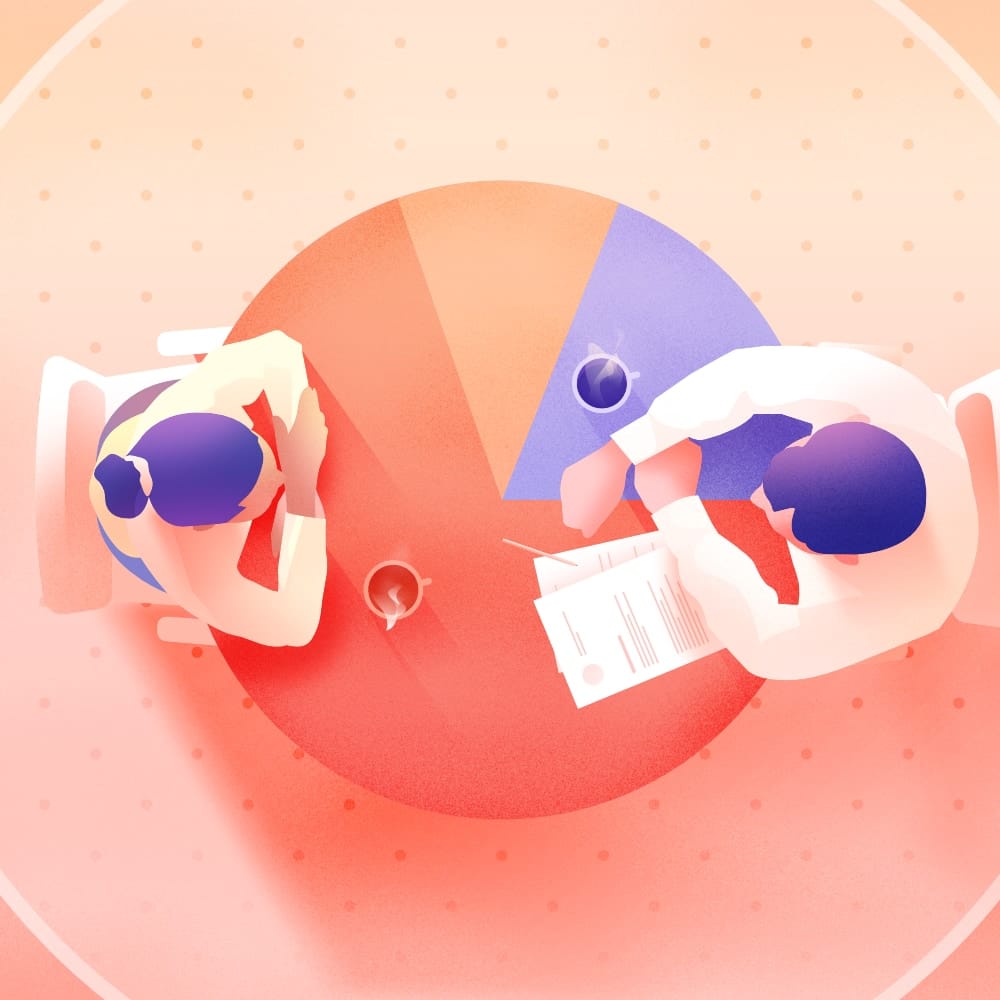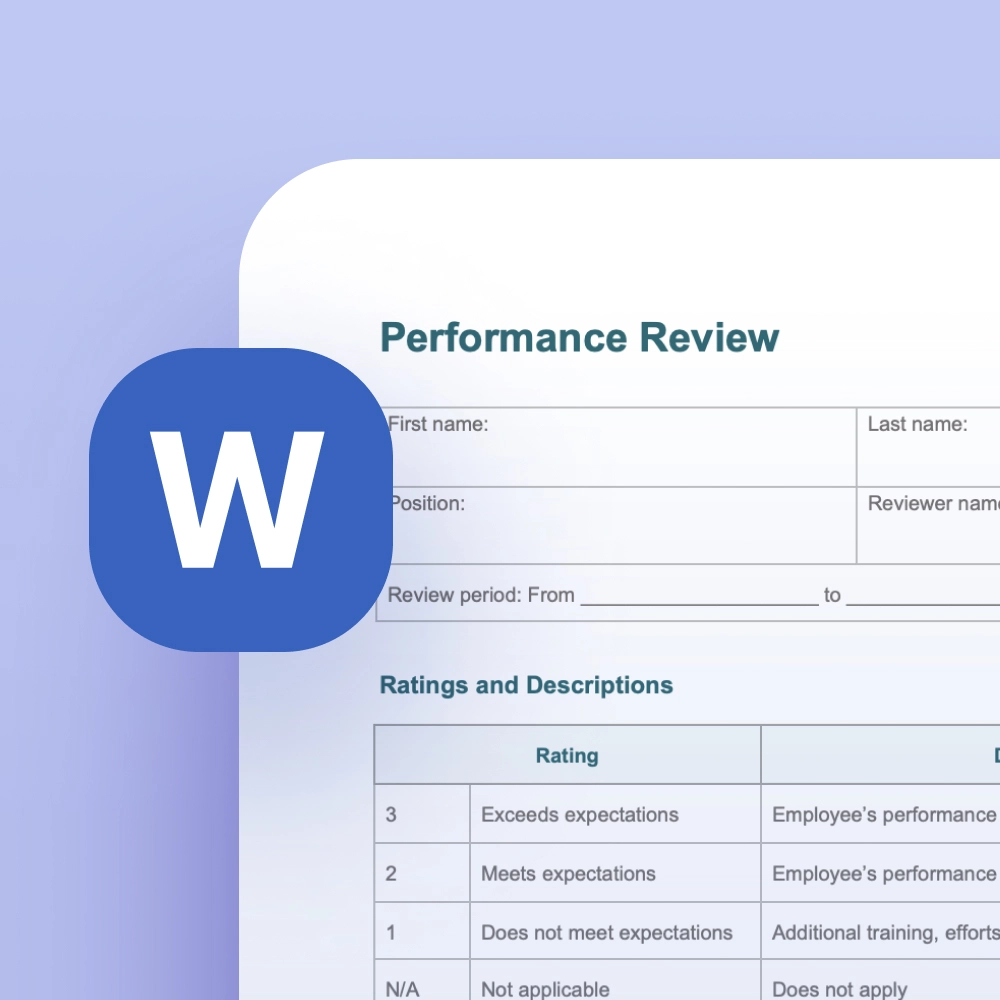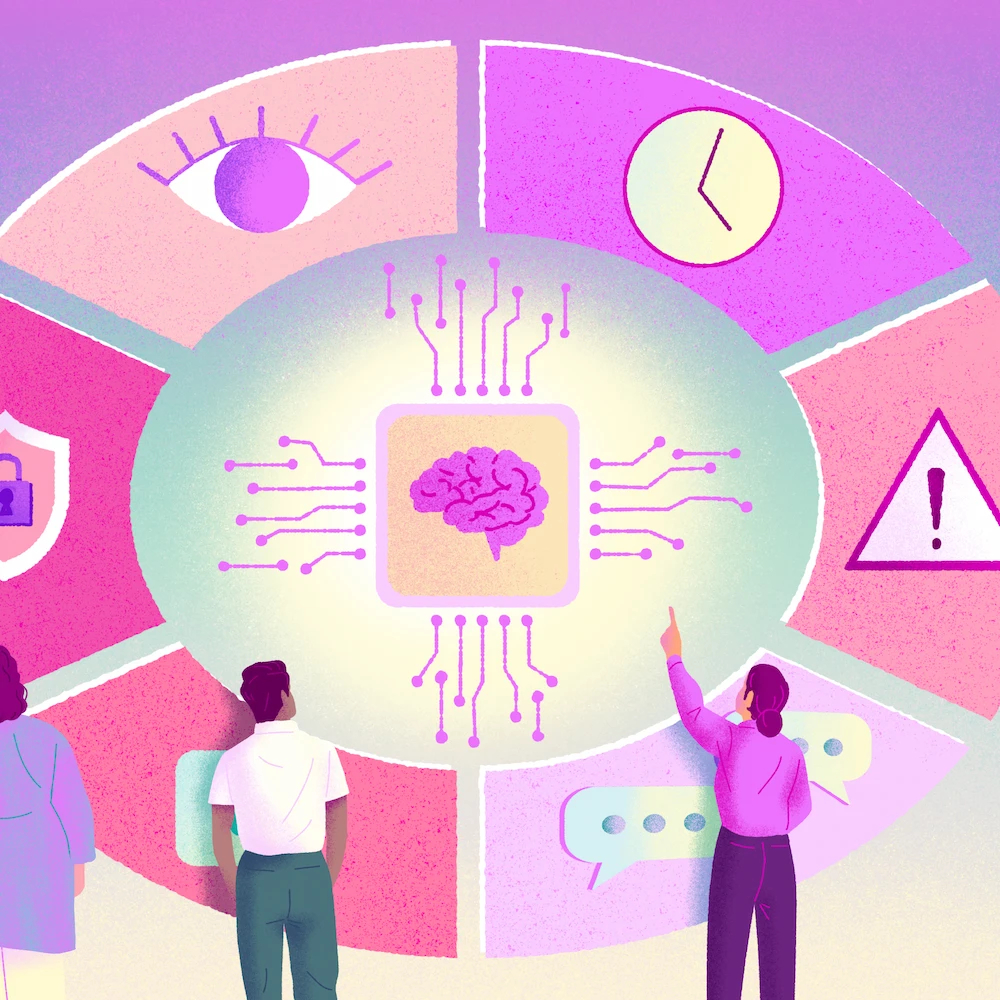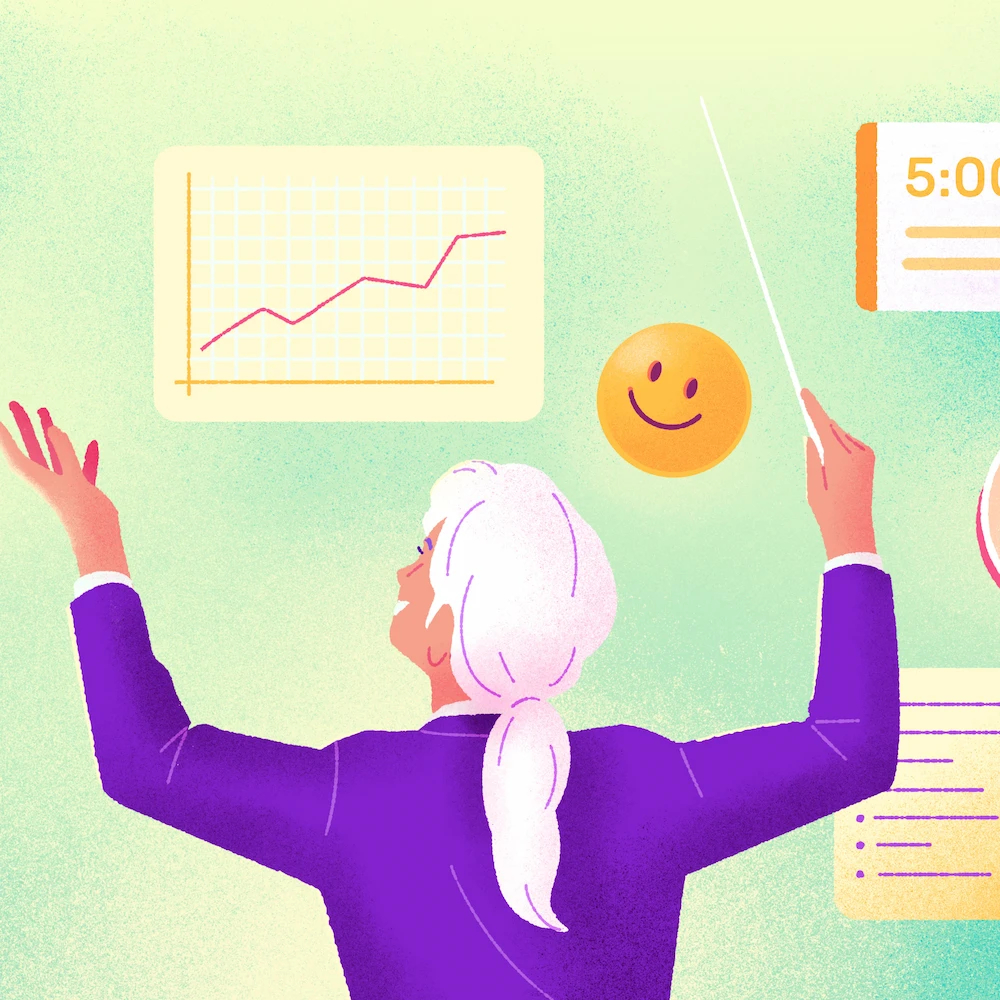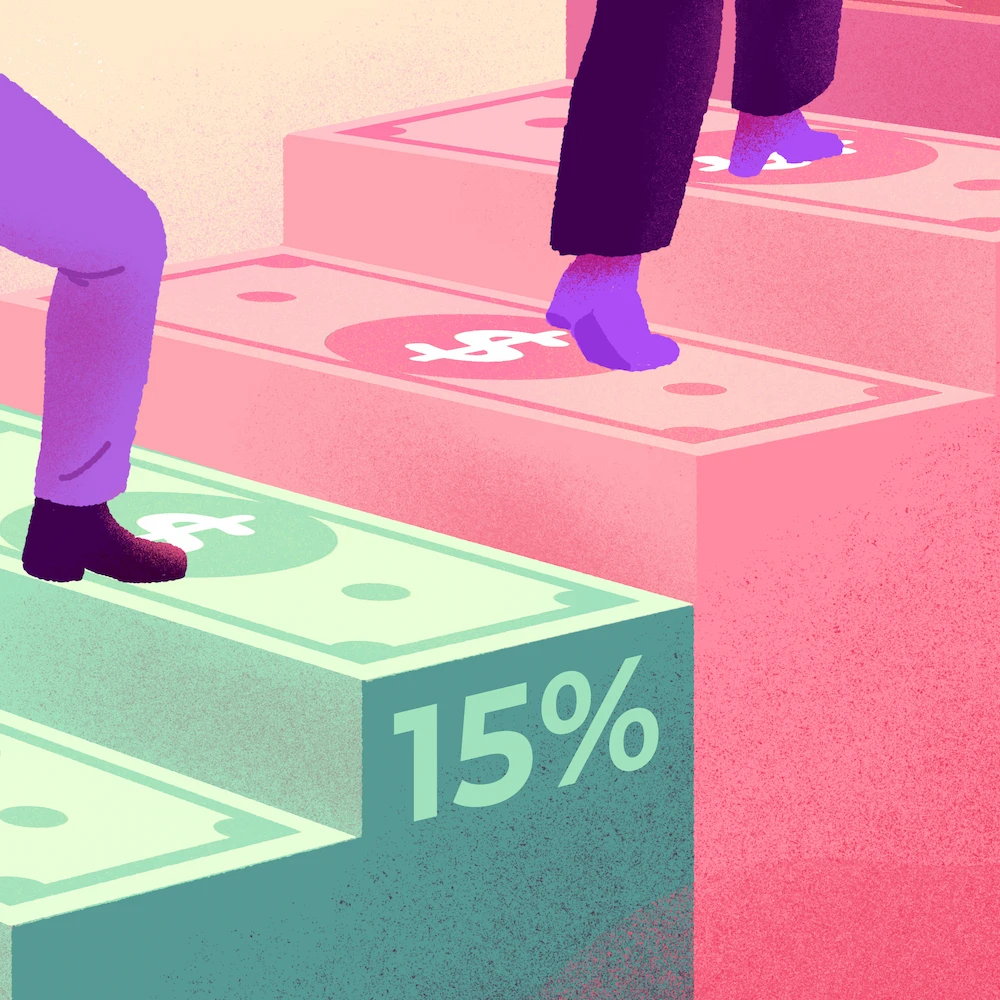What Is the Definition
Behavioral skills (or soft skills) refer to an employee’s social skills.
What Are Examples of Behavioral Skills?
Examples of behavioral skills include:
- Emotional intelligence
- Organizational skills
- Creativity
- Innovation
- Problem solving skills
- Strategy
- Adaptability
- Communication
- Leadership
- Team spirit
- Good work ethics
- Rigor
- Time management
- Professionalism
How to Develop Behavioral Skills?
Behavioral skills typically develop through life experiences. As an employee, they can also be developed using different strategies and training programs.
For example, a person can ask colleagues to assess their skills and abilities anonymously and compare the results with their personal reflection.
It is also possible to establish objectives and validate their attainment during periodic evaluation meetings with one’s manager.
Companies can offer training, mentoring, or coaching to employees who wish to develop their behavioral skills. The development of behavioral skills is particularly important for managers and executives.
How Do We Evaluate Behavioral Skills?
Managers can evaluate the behavioral skills of their employees in several ways, such as:
- Using a personality test
- Using a cognitive test
- Stage situations for role playing
Once the assessment is done, managers must analyze the results to identify the strengths and weaknesses of the employees and propose a training plan or objectives to achieve.
What Is the Difference Between Behavioral and Technical Skills?
Behavioral skills (soft skills) are generally related to the personality and life experience of employees. They vary greatly from one person to the next and can change over time.
Technical skills (hard skills), on the other hand, are developed through technical training or with experience. They are typically acquired with training.
How to Use Behavioral Skills in the Workplace?
Behavioral skills enable employees to perform better at work. They are often used in conjunction with technical skills.
For example, a human resources officer must demonstrate professionalism (behavioral skill) when conducting a job interview with a candidate, even though the task itself also requires specific technical skills.
Behavioral skills also make it possible to:
- Enhance the job descriptions for the roles to be filled
- Determine which people to choose among the candidates who interviewed for a job
- Evaluate the performance of employees
- Set objectives and expectations for employees
- Establish a professional development plan







